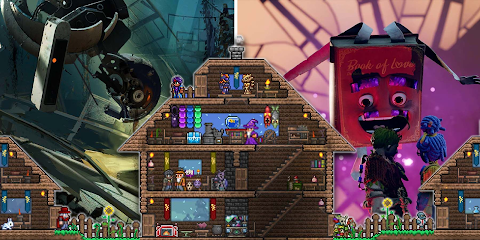Brain Freeze Decoded: Understanding the Psychological Phenomenon
Have you ever experienced that intense, sudden headache while savoring an icy treat too quickly? Chances are, you've encountered the infamous "brain freeze." Also known as an ice cream headache, brain freeze is a temporary but uncomfortable sensation that has puzzled many. In this article, we will decode the psychological aspects of brain freeze, exploring its underlying causes and ways to cope with this curious phenomenon.
What is Brain Freeze?
Brain freeze, scientifically termed sphenopalatine ganglioneuralgia, is a rapid headache that occurs when something cold, like ice cream or a frozen beverage, comes into contact with the roof of your mouth (palate). This abrupt temperature change triggers blood vessels in the area to constrict and then rapidly dilate, causing a surge of pain signals to the brain.
The Psychological Factors Behind Brain Freeze
While brain freeze is primarily a physiological response, there are psychological factors that play a role in its occurrence and intensity. Here are some of them:
Anticipation and Pleasure
The excitement of indulging in a favorite frozen treat can lead to heightened anticipation and pleasure. The brain perceives the upcoming pleasure, and as a result, the sensory experience is intensified. This amplification may also contribute to the sudden jolt of pain during brain freeze.
Cognitive Distraction
Often, we consume cold treats quickly without much thought. The cognitive distraction of enjoying the taste and texture may lead us to disregard the temperature's potential impact on our palate. This lack of awareness can make the brain freeze seem more abrupt and intense.
Individual Pain Threshold
Each person's pain threshold is different, influenced by their genetics, past experiences, and psychological disposition. Some individuals may be more sensitive to temperature changes, making them more susceptible to brain freeze.
Psychological Conditioning
The brain freeze experience can be influenced by psychological conditioning. If a person has encountered brain freeze before, the memory of the discomfort may create a mild psychological aversion to cold treats. This aversion might unconsciously amplify the sensation of brain freeze when it happens again.
Coping with Brain Freeze
While brain freeze is generally harmless and short-lived, it can be quite uncomfortable. Here are some strategies to cope with and prevent brain freeze:
Slow and Steady Consumption
To reduce the likelihood of brain freeze, avoid consuming cold treats rapidly. Instead, take slow and measured bites, allowing your palate to adjust to the temperature gradually.
Warmth and Pressure
If you do experience brain freeze, try pressing your tongue or thumb against the roof of your mouth to provide warmth and pressure. This can help alleviate the constriction of blood vessels and ease the pain.
Mindful Consumption
Be more mindful of your eating habits, especially when consuming cold treats. Take breaks between bites, and savor the taste to avoid overindulgence that could trigger brain freeze.
Hydration
Staying hydrated can also play a role in preventing brain freeze. Ensuring you're adequately hydrated can help regulate blood flow and reduce the likelihood of experiencing sudden headaches.
Conclusion
Brain freeze is a fascinating psychological phenomenon resulting from the rapid constriction and dilation of blood vessels in response to a sudden cold stimulus. While its primary cause is physiological, psychological factors such as anticipation, cognitive distraction, pain thresholds, and conditioning can influence its occurrence and intensity.
Remember, brain freeze is usually short-lived and harmless. By being mindful of your eating habits and taking preventive measures, you can enjoy your favorite frozen treats without the discomfort of brain freeze.
Next time you indulge in an icy delight, pay attention to the sensations and appreciate the wonders of your mind and body in action!




Comments
Post a Comment